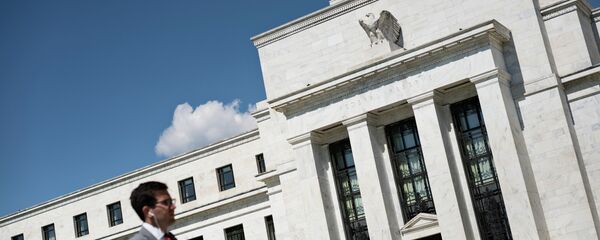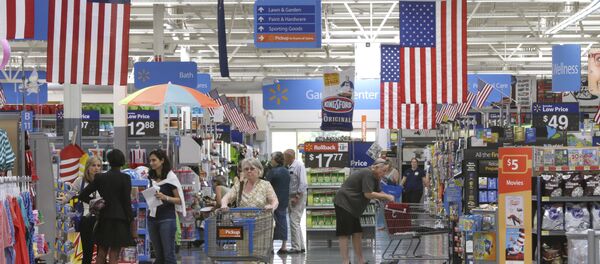The New York-based private research entity, the Conference Board, reported its measure of consumer confidence has risen to a reading of 96.5 in December compared to that of 92.6 (revised) the previous month, reflecting the accelerated retail sales right at the close of holiday shopping season along with general improvements in the economy. Previous forecasts suggested the December reading would be 93.5 on average.
US consumer confidence has rebounded from its November drop, as households are more prone to spend amidst low fuel costs and a declining unemployment. US shoppers rushed into last-minute discount sales, with demand rife for goods ranging from automobiles to clothing. Growth in wages might further support consumer confidence, however, if wages index outpaces the general economic expansion, is might infer a deterioration in labor market as employers might want to cut staff in order to finance higher salaries.
"As 2015 draws to a close, consumers' assessment of the current state of the economy remains positive, particularly their assessment of the job market," Lynn Franco of the Conference Board said. "Looking ahead to 2016, consumers are expecting little change in both business conditions and the labor market."
Consumers constitute some 72% of the US economy, meaning the improved households' sentiment might push spending and investment higher, spurring inflation and overall growth, thus easing the US Federal Reserve's task of maintaining the economy on its track to normality.
"Some of the primary things boosting confidence are strong labor market conditions and perhaps more importantly, low gasoline prices," Thomas Simons of the New York-based Jefferies Group LLC said. "On the margin, it should increase consumers' propensity to spend."
A separate consumer sentiment reading by University of Michigan also surpassed expectations, having risen to 92.6 in December, its highest since July.
Conference Board data indicated that US consumers are more likely to spend on home appliances and travel, while purchasing plans on cars or real estate as prevelant.




